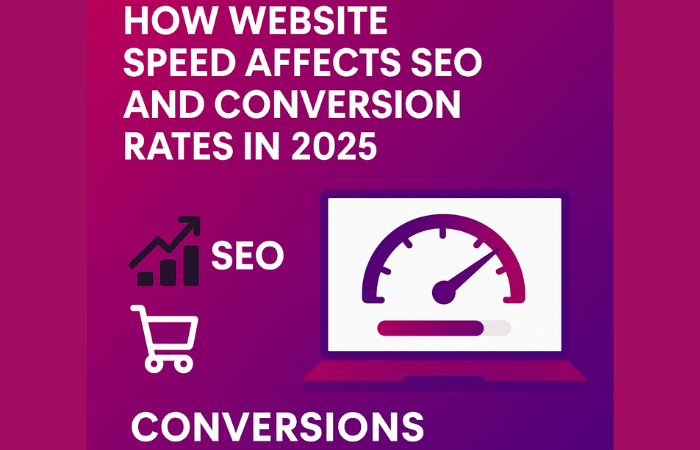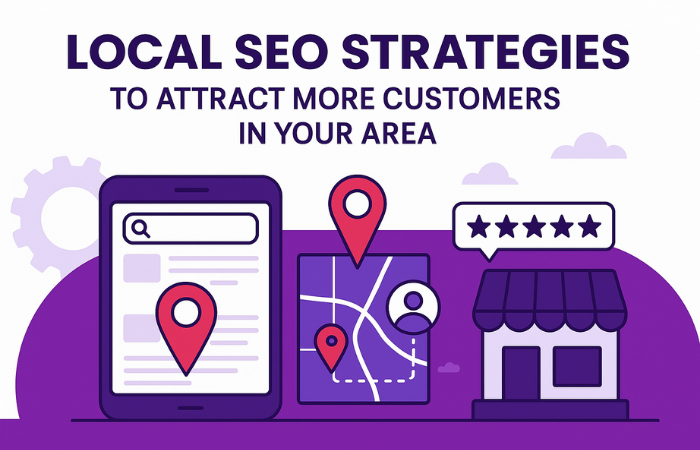
How Website Speed Affects SEO and Conversion Rates in 2025
Your website’s speed is more than just a technical detail — it’s a crucial factor that impacts user experience, search engine rankings, and your ability to convert visitors into customers. In 2025, with users expecting instant access to information, a slow website can cost you traffic, leads, and revenue.
In this article, we’ll explore why website speed matters, how it influences SEO and conversions, and what you can do to ensure your site stays fast and competitive.
Why Website Speed Matters
When a website takes too long to load, visitors are more likely to leave before engaging with your content. Studies show that:
- 40% of users abandon a site that takes more than 3 seconds to load.
- Even a 1-second delay can reduce conversions by 7%.
Search engines, like Google, know this. That’s why page speed is a confirmed ranking factor — a slow site won’t just hurt user experience but will also rank lower in search results.
How Website Speed Affects SEO
1. Google’s Page Experience Update
Google prioritizes websites that deliver an excellent user experience, and page speed is part of this evaluation. Metrics like Core Web Vitals — which measure loading performance, interactivity, and visual stability — directly influence your rankings.
2. Crawl Budget Efficiency
Search engine bots have limited time to crawl your site. Slow-loading pages can prevent them from indexing all your content, which means fewer pages might appear in search results.
3. Reduced Bounce Rates
Fast websites keep visitors engaged. When users leave your site quickly due to slow load times, it signals to search engines that your site may not be providing value.
How Website Speed Affects Conversions
Speed is critical to keeping visitors on your site and encouraging them to take action:
- Improved User Experience: A fast, smooth website helps visitors find what they need quickly.
- Higher Engagement: Users stay longer and explore more pages when the experience is seamless.
- Better ROI: Faster websites increase the likelihood of purchases, sign-ups, or inquiries.
Key Factors That Influence Website Speed
To improve your site’s speed, you need to address:
- Image Optimization: Compress images without sacrificing quality.
- Code Minification: Remove unnecessary CSS, JavaScript, and HTML.
- Caching: Enable browser caching for repeat visitors.
- Hosting Quality: Invest in a reliable hosting provider with fast servers.
- Content Delivery Network (CDN): Distribute content across servers worldwide for faster loading.
- Mobile Optimization: Ensure your site loads just as fast on mobile devices.
Tools to Test and Improve Speed
- Google PageSpeed Insights
- GTmetrix
- Pingdom Tools
- WebPageTest
These tools provide insights into your site’s speed and offer recommendations for improvement.
How Codexa Studios Can Help
At Codexa Studios, we specialize in designing and optimizing websites for speed and performance. From image compression to server-side optimizations, we ensure your site loads quickly and provides a seamless experience — improving both your SEO and conversion rates.
Conclusion
In 2025, website speed is no longer a “nice-to-have” — it’s essential for online success. A fast website not only boosts your rankings but also ensures you’re delivering a user experience that converts visitors into loyal customers.
Want to find out how fast your website really is?
Contact Codexa Studios today for a performance audit and customized optimization plan.



